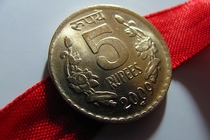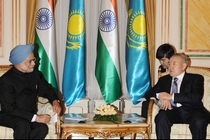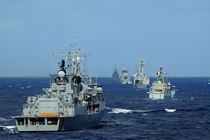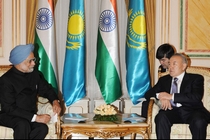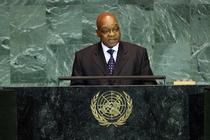Getting the military out of Pakistani politics
Pakistan is unlikely to collapse anytime soon, but the imbalance of power between its civilian and military branches needs to be addressed if it is to become an effective modern state. Washington must stop coddling Pakistan’s military and instead work patiently to support the country’s civilian authorities.



